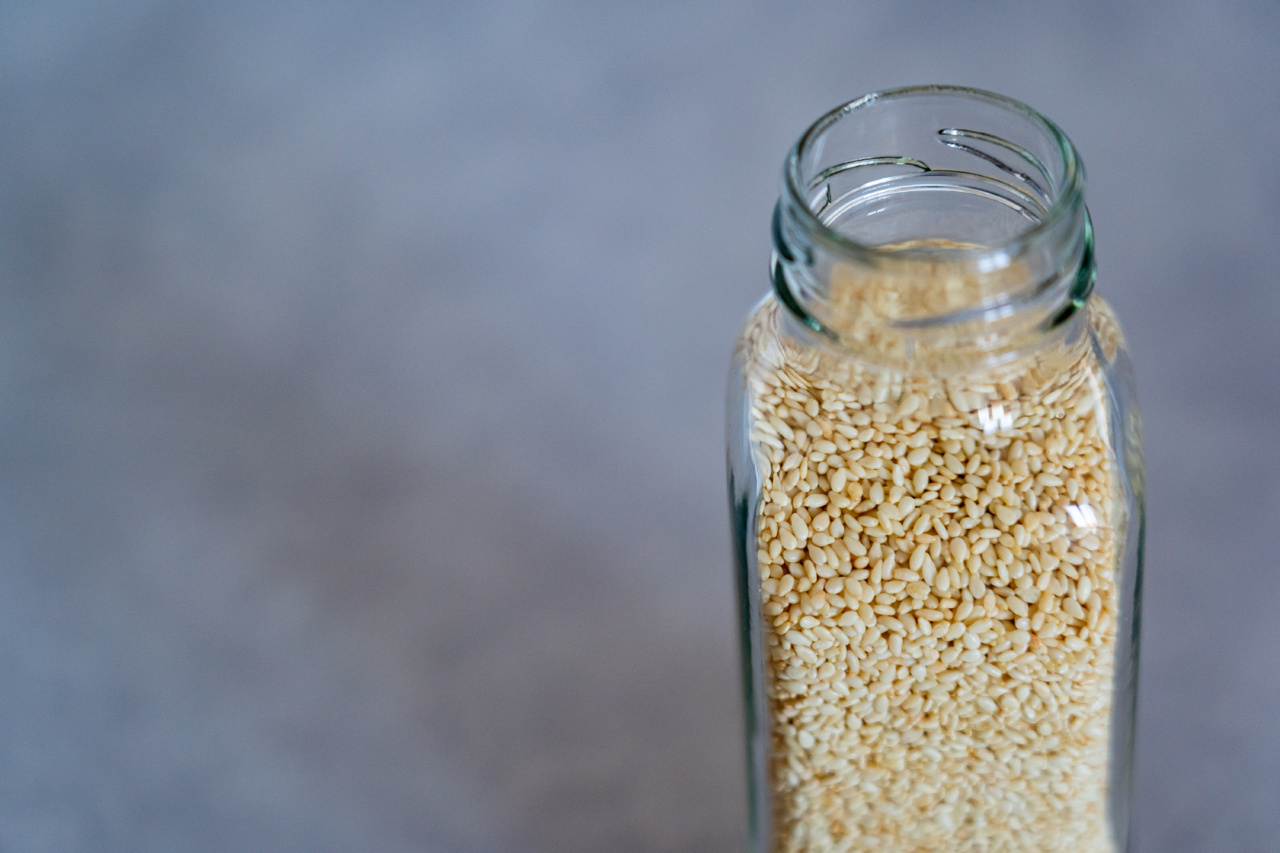There is a lot of misinformation out there about nutrition, with some of it being persistent myths that have been around for decades.
Unfortunately, these myths can spread like wildfire on the internet and can lead people down the wrong path when it comes to their health. In this article, we will explore some of the most persistent nutritional falsehoods and show you how to debunk them.
Myth #1: Your Body Only Needs Protein from Animal Sources
This is a common myth, but it is not true. While animal protein is certainly a good source of protein, you can also get plenty of protein from plant-based sources.
In fact, some of the best sources of protein are plant-based, such as beans, nuts, and seeds. When you eat a variety of protein sources, you are more likely to get all of the amino acids that your body needs to build and repair tissues.
Myth #2: Carbs Are the Enemy
Carbohydrates often get a bad reputation, but they are actually very important for your body. Carbs provide the energy that your body needs to function properly and they are also important for brain function.
The key is to choose the right types of carbs, such as whole grains, fruits, and vegetables, rather than refined carbs like white bread and sugary snacks.
Myth #3: Fat Makes You Fat
This is another common myth that is not true. While it is true that consuming too many calories can lead to weight gain, fat itself is not the enemy.
In fact, your body needs fat for a number of important functions, such as absorbing key vitamins and minerals. The key is to choose healthy fats, such as those found in nuts, seeds, and fatty fish, rather than unhealthy fats found in processed foods.
Myth #4: Detoxing is Necessary
Detox diets are all the rage right now, but they are not necessary and can actually be harmful to your health. Your body naturally detoxifies itself through your liver and kidneys.
These organs work hard to remove toxins from your body, so there is no need for a special detox diet. If you want to feel better and improve your health, focus on eating a healthy diet, getting enough sleep, and exercising regularly.
Myth #5: Gluten-Free is Healthier
Gluten-free diets have become very popular in recent years, but unless you have celiac disease or a gluten intolerance, there is no reason to avoid gluten.
Gluten is a protein found in wheat, barley, and rye, and many foods that contain gluten are healthy and nutritious. Unless you have a medical reason to avoid gluten, there is no need to go gluten-free.
Myth #6: Organic Foods are Always Better
While organic foods are often touted as being healthier and more nutritious, this is not always the case.
While organic foods are grown without the use of pesticides and other chemicals, they are not necessarily more nutritious than conventionally grown foods. In fact, some studies have found no significant differences in nutrient content between organic and conventionally grown foods. If you want to eat organic, go for it, but don’t assume that it is always the better choice.
Myth #7: Supplements are Always Necessary
Many people take supplements in the belief that they are necessary for good health, but this is not always the case.
While some supplements may be beneficial for certain people, most people can get all of the vitamins and minerals they need from a healthy diet. Supplements should be used only as a last resort, and under the guidance of a healthcare professional.
Myth #8: You Need to Eat Every 2-3 Hours to Keep Your Metabolism Up
This is a persistent myth that simply isn’t true. While it is important to eat regular meals and snacks throughout the day to keep your blood sugar stable, you do not need to eat every 2-3 hours.
In fact, some research suggests that intermittent fasting may have health benefits, such as improving insulin sensitivity and reducing inflammation. The key is to listen to your body and eat when you are hungry, rather than following arbitrary rules about when and how often to eat.
Myth #9: Egg Yolks are Unhealthy
Egg yolks have gotten a bad reputation over the years for being high in cholesterol, but the truth is that they are actually quite nutritious.
Egg yolks are a good source of protein and contain a number of important vitamins and minerals, including vitamin D, choline, and selenium. While it is true that egg yolks are high in cholesterol, it has been shown that dietary cholesterol has little effect on blood cholesterol levels in most people.
Myth #10: Low-Fat is Always Better
Low-fat diets have been popular for decades, but they are not always the healthiest choice. When fat is removed from foods, it is often replaced with sugar and other unhealthy ingredients.
In addition, some types of fat, such as healthy unsaturated fats, are actually good for your health and can help to reduce your risk of certain diseases. Rather than focusing on low-fat foods, focus on eating a balanced diet with healthy fats, lean protein, and plenty of fruits and veggies.






























